The science of how a universal basic income could end poverty in the U.S.
|
|
 | ||||
| January 06, 2023 | ||||
 | ||||
| ||||
| ||||
| ||||
| ||||
| ||||
| ||||
| ||||
| ||||
| ||||
| ||||
| ||||
| ||||
| ||||
| LATEST ISSUES | ||||
| ||||
| Download the Scientific American App | ||||
|



.jpg)


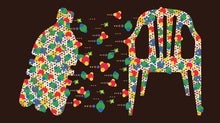
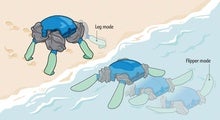

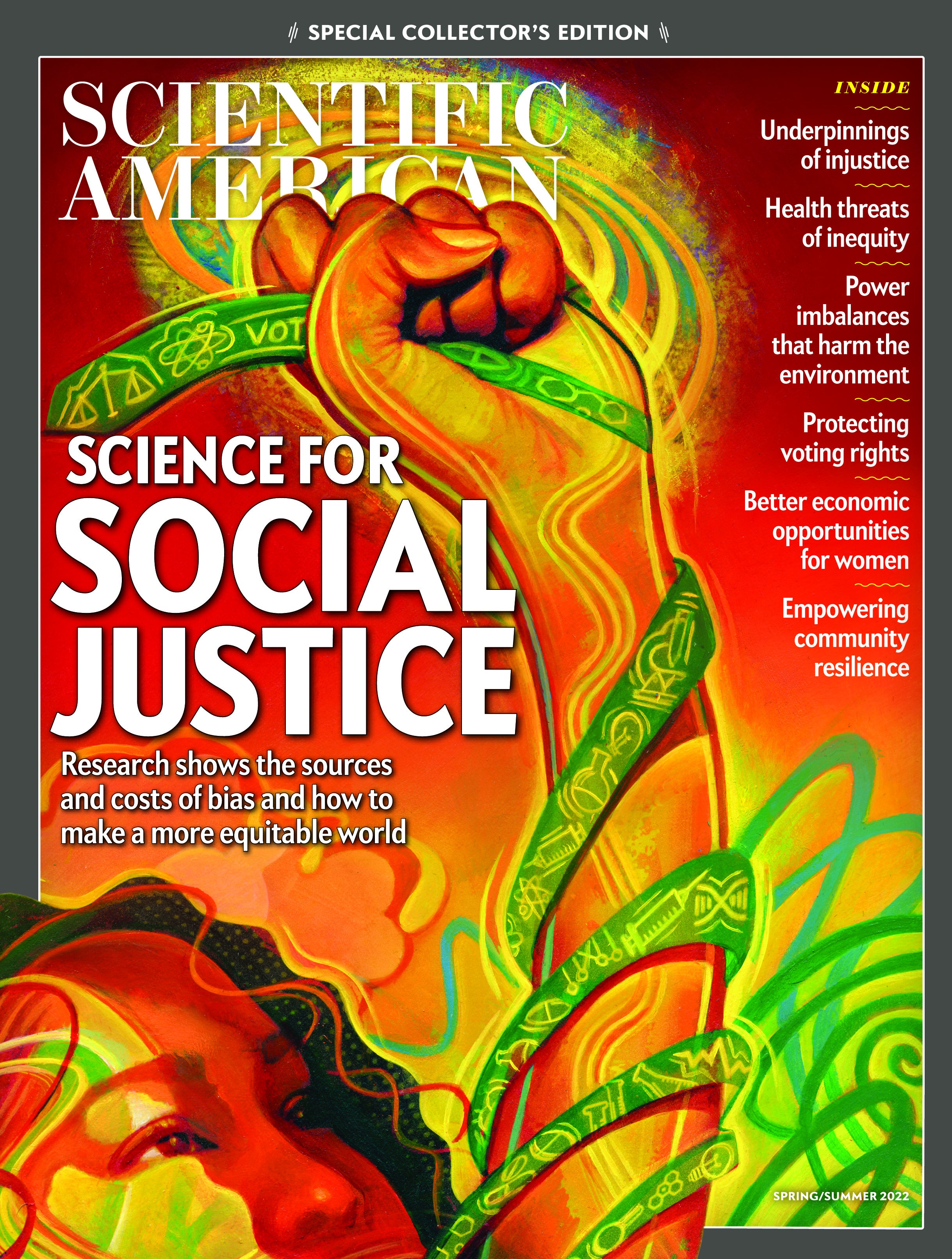


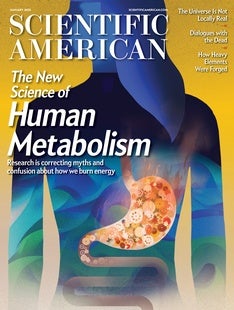

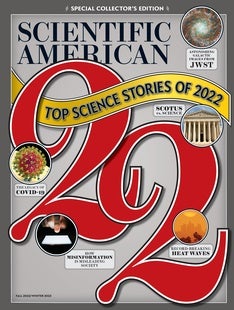
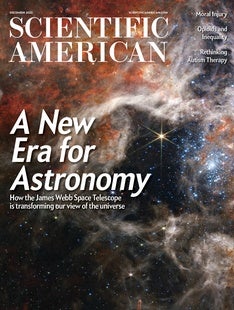
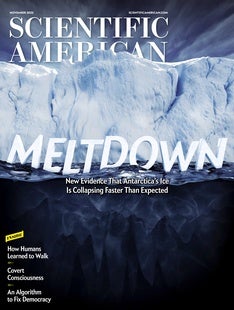



Comments
Post a Comment